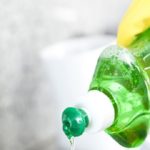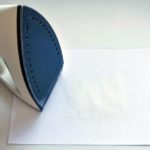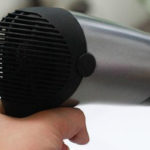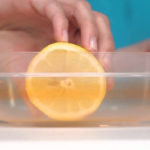To increase productivity and eliminate pests on green vegetables, many farmers have been using stimulants as well as pesticides. When vegetables grow and are harvested, they are still left with residues of chemicals. Therefore, when buying vegetables for cooking, women need to be careful when washing them.
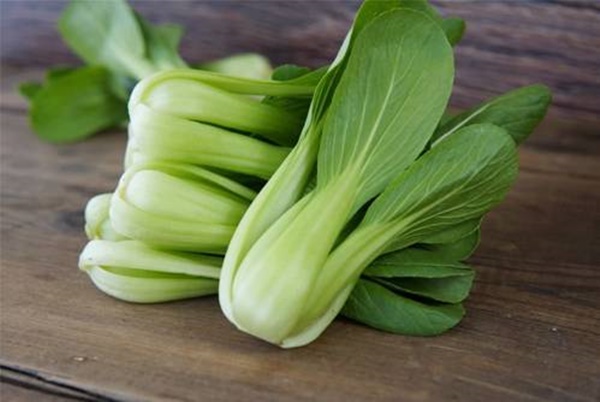
Just washing vegetables with water will not make them very clean. Therefore, women should soak the vegetables in water mixed with 2 common ingredients found in the kitchen: salt and baking soda.
The simple method is as follows, first, rinse the vegetables under running water.
Prepare a clean bowl, add a sufficient amount of baking soda and salt into it. Baking soda is an alkaline ingredient. It is effective in cleaning oil stains very well, even better than detergents. Baking soda can also help reduce the residues of chemicals in vegetables.
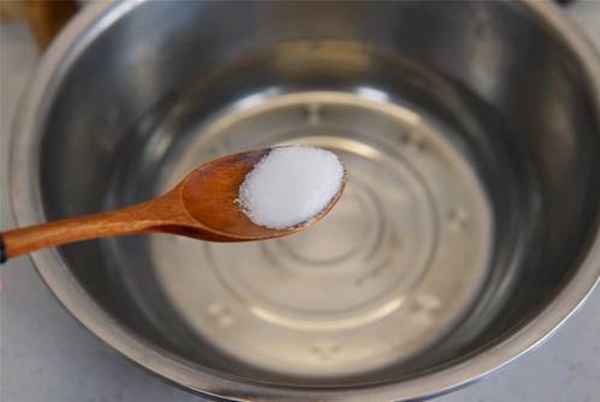
In addition, salt can remove dust and insects sticking to the vegetables.
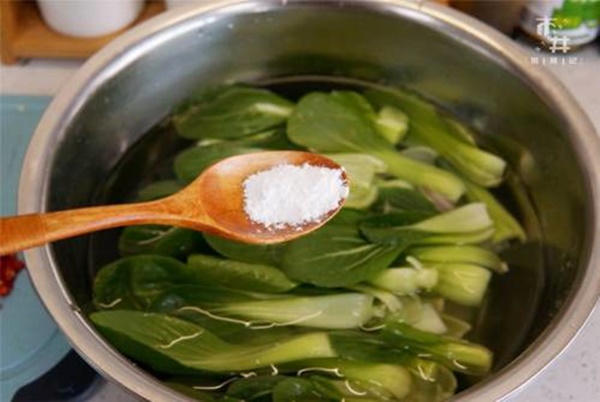
So, soak the vegetables in water mixed with baking soda and salt like that for about 5 minutes, then rinse again with water.
Refer to other methods of washing some other types of food:
Mushrooms
Clean the mushrooms by rinsing them with water, then soak the mushrooms in water. Add 2 grams of baking soda to the water, stir well and soak the mushrooms for 5 minutes. Then pour out this water, rinse again with clean water. Continue soaking the mushrooms in clean water that has been stirred with 2 grams of cornstarch for 5 minutes. Then rinse with water under the tap and let it dry. At this point, make sure the mushrooms are clean, free of dirt, bacteria, and unwanted eggs clinging to the surface.
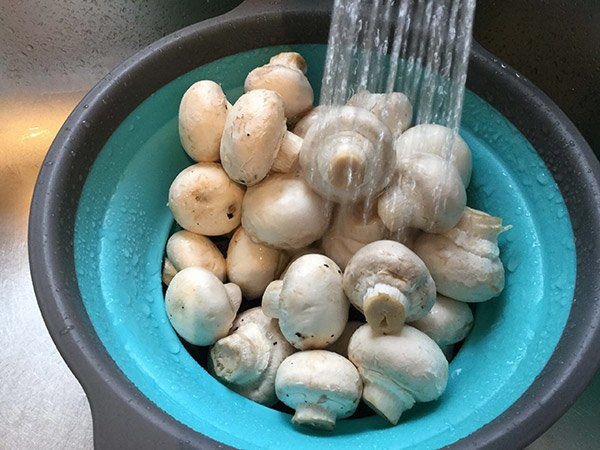
Crabs
Just rinsing crabs and then processing them right away will definitely not make them clean because the crabs still have dirt inside their bodies. Therefore, first, brush the crabs with salt water, then soak the crabs in a diluted saltwater solution to make them “release” the dirt in their bodies. Repeat the process of soaking the crabs in diluted saltwater several times until the soaking water becomes clear, then rinse under running water, and you can cook the crabs into your favorite dish. Shellfish can be cleaned in the same way.
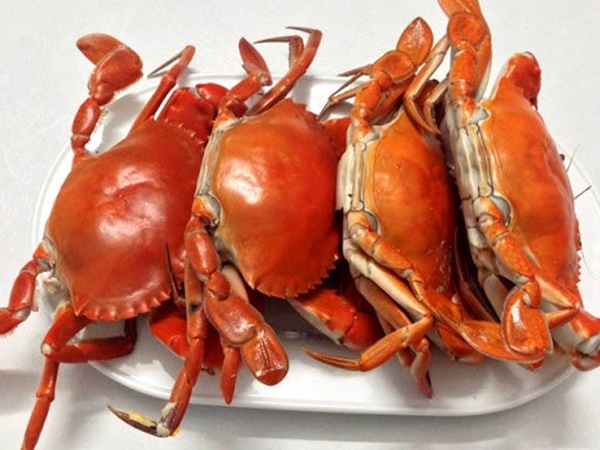
Fish
Fish is a nutritious food that is favored by many people, but its fishy smell and some types of dust sticking to the fish’s surface are difficult to remove if only washed with water. Therefore, to clean fish, add 2 tablespoons of vinegar to a basin of cold water and soak the fish.
You can also rub the fish with rice water, as rice water also helps reduce the fishy smell and clean the dust very effectively. If you accidentally break the fish’s gallbladder, you can rinse it with white alcohol to remove the bitter taste that sticks to the fish.
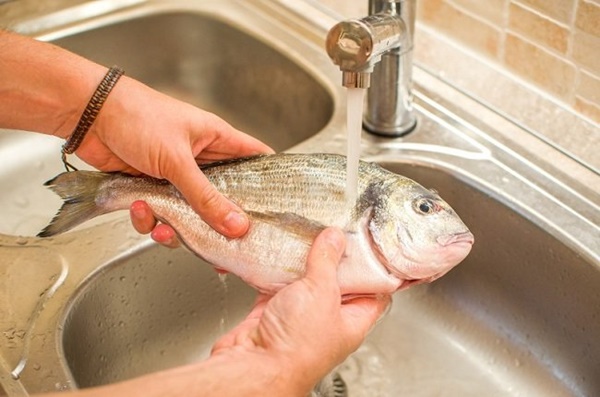
Meat
Normally, to wash meat, people will rinse it under running water and then cut and cook it. However, the surface of pork has a layer of fat which is very sticky, if only rinsed with water, it will not be easy to remove this layer of dust. Moreover, this greasy layer can even capture dust from the outside.
Therefore, to clean the meat, when rinsing rice, you should keep the rice water and soak the pork in this water for 5 minutes, then rinse it clean. The dust on the meat will be quickly removed by the rice water.
According to Phụ Nữ Việt Nam

























